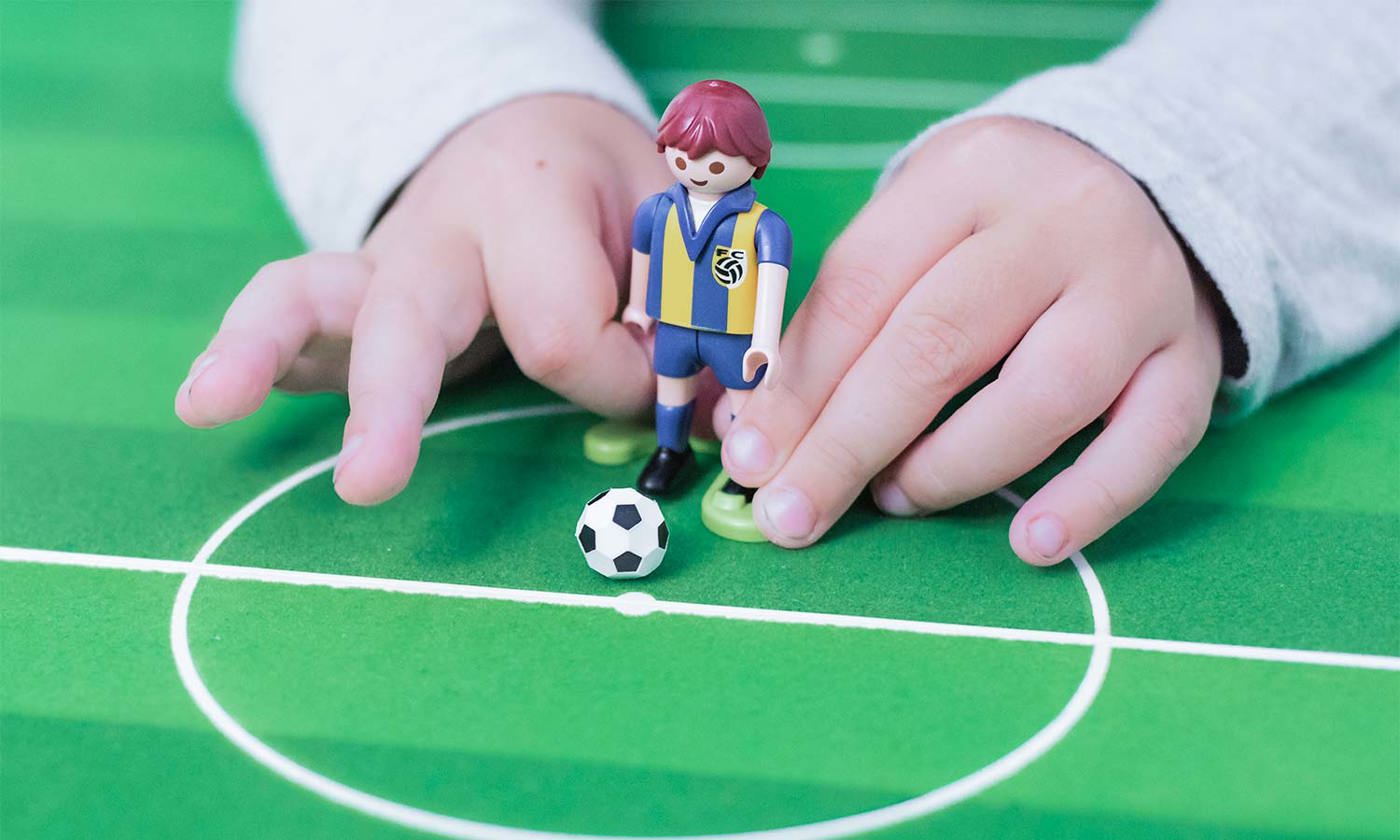Like what you see?
Sign up to receive more free parenting advice.
Thank you for subscribing to our newsletter!
Child Development

Photo by Click and Boo on Unsplash
It's on our social media feeds. It's on our TV sets.
Competition. Rewards. Ribbons. Trophies. Medals. Certificates.
It can be as constructive as destructive; as esteem building as debilitating.
So, when is competition a good thing – and does every child really need to win a prize?
Rowena Hardy, coach and counsellor of Minds Aligned, reckons it's a mixed bag.
"Competition is part of life in general, but it is how it is handled that can become a danger zone," she says.
"It's all about how it plays out. Like everything, there is no one-size-fits-all and while it (the concept of every child wins a prize) might make everyone feel okay at the time, that's not really what life's about. And when it comes to competition, some will compete and some with retreat.
"I think it comes from positive intent and it is a modern way to approach the issue and downplay competition so everyone feels like they have contributed."
But there is a downside.
"When you avoid declaring a winner, it temporarily boosts a child's ego but that could also mean that later on they have trouble motivating themselves apart from what is expected and also have trouble recognising success in themselves,” Hardy says.
In life, she says, we don't get a reward just for showing up and those kinds of rewards won't lead to change and are not sustainable.
Hardy also goes so far as to say that reward which is expected can, in fact, reduce performance and effort; and it dilutes the importance of that effort.
Competition – which should be carefully differentiated from comparison – is a double-edged sword, she says.
"When it is handled well and not malicious, it can be healthy. It can foster teamwork and collaboration and build confidence.
"On the other hand, if it isn't handled well, it can be de-motivating. It is good to learn what challenges children and, at the same time, what they can and cannot handle."
When you avoid declaring a winner, it temporarily boosts a child's ego but that could also mean that later on they have trouble motivating themselves apart from what is expected and also have trouble recognising success in themselves.Coach and counsellor Rowena Hardy
Competition can potentially flow into other areas. It can also reinforce that a child is ‘not good enough' and can manifest as peer pressure. At its worst, it could morph into bullying.
Every child, she says, has great strengths. Comparison and competition on an uneven playing field can be damaging.
The key, Hardy asserts, is in fostering the virtues of competition without the focus on winning.
"Take the winning out of it, and we see the development of intrinsic motivation. It is part of our innate selves as humans to want to work together.
"From a common project all of our strengths come to play and we combine them in a collaborative way to achieve an outcome. We see our part in a collective whole.
"The thing, though, about giving everyone a prize, it's okay in younger children. But it is not sustainable in motivation; it becomes meaningless."
Perseverance, endurance, specific talents and unique strengths should all be celebrated – on the sporting field or in the context of weekly student awards, Hardy says.
She says the right balance will encourage the child to want to be better and better; to see their own skills develop and to be constantly improving on their last best attempt.
And of course, the end game – the outcome we all want for our kids – is resilience.
Like everything, it's the balance.
"If competition is not handled in a brain-friendly way, until at least the age of seven or eight years old, then it could set off a real threat response.
"The more we can do not to put young children into an overly competitive setting until their brains have developed, the better.
"We need to keep our children safe: ensure they are challenged and developing to build their resilience and are equipped to deal with what life is – because let's face it, no-one gets a prize or a reward for just turning up – and ensure their psycho-social wellbeing."
Competition Dos:
- Encourage difference and individuality
- Promote the benefits of working together toward a common goal or a shared project
- Encourage children to do their best and improve their skills
- Celebrate individual talents and skills
- Avoid spilling into other areas of a child's life
- Be consistent
Competition Don'ts:
- Place unnecessary emphasis on winning
- Take a one-size-fits-all approach
- Reward for just turning up
- Allow it to spill into other areas of a child's life
- Set unrealistic goals and expectations
- Compare children's achievements
Get Advice
Real parents. Real problems. We’re here with a group of leading early learning and parenting professionals to answer your questions.



